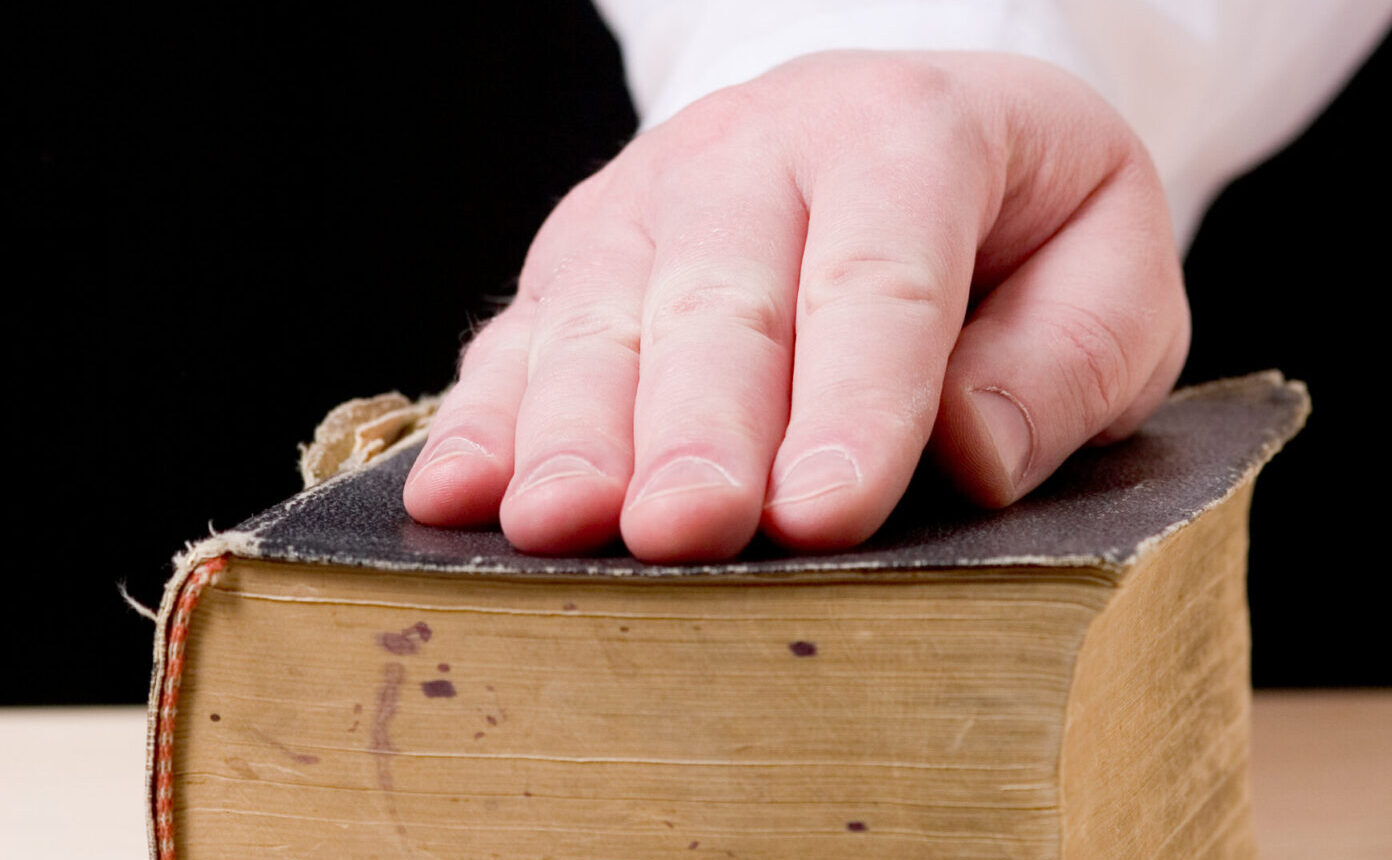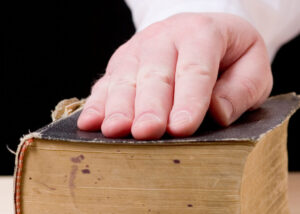A person who gives evidence by spoken testimony or by written affidavit must promise to tell the truth before giving that evidence. Currently, the Alberta Evidence Act requires people to swear a religious oath unless they take the initiative to actively object to doing so. The judge or official must at that point conduct a short inquiry and be satisfied that the objection is justified on certain specified grounds. Only then may the person be allowed to make their promise by secular affirmation.
This “object-and-justify” model is now historically, socially and legally out of date. The modern approach is the “free choice” model, where a person automatically has the right to choose whether to swear a religious oath or make a secular affirmation, without preconditions, preliminary objections or any need to justify their choice.
The Alberta Law Reform Institute recommends that the Alberta Evidence Act be changed to adopt the free choice model as well. If people choose to swear an oath, they should continue to have the right to choose whichever religious or spiritual form of oath is appropriate for them. The Act should not specify a mandatory form for either an oath or an affirmation. But the statute should contain a suggested or permissive form of generic oath and affirmation as an instructive example to guide those who wish to follow it. There should be two statutory exceptions to the free choice model. A court will be able to direct that a person must affirm if the person does not choose between an oath or affirmation, or if it is not reasonably practicable, in the opinion of the presiding officer, for the person to take an oath in the form or manner appropriate to their religious or other beliefs.





